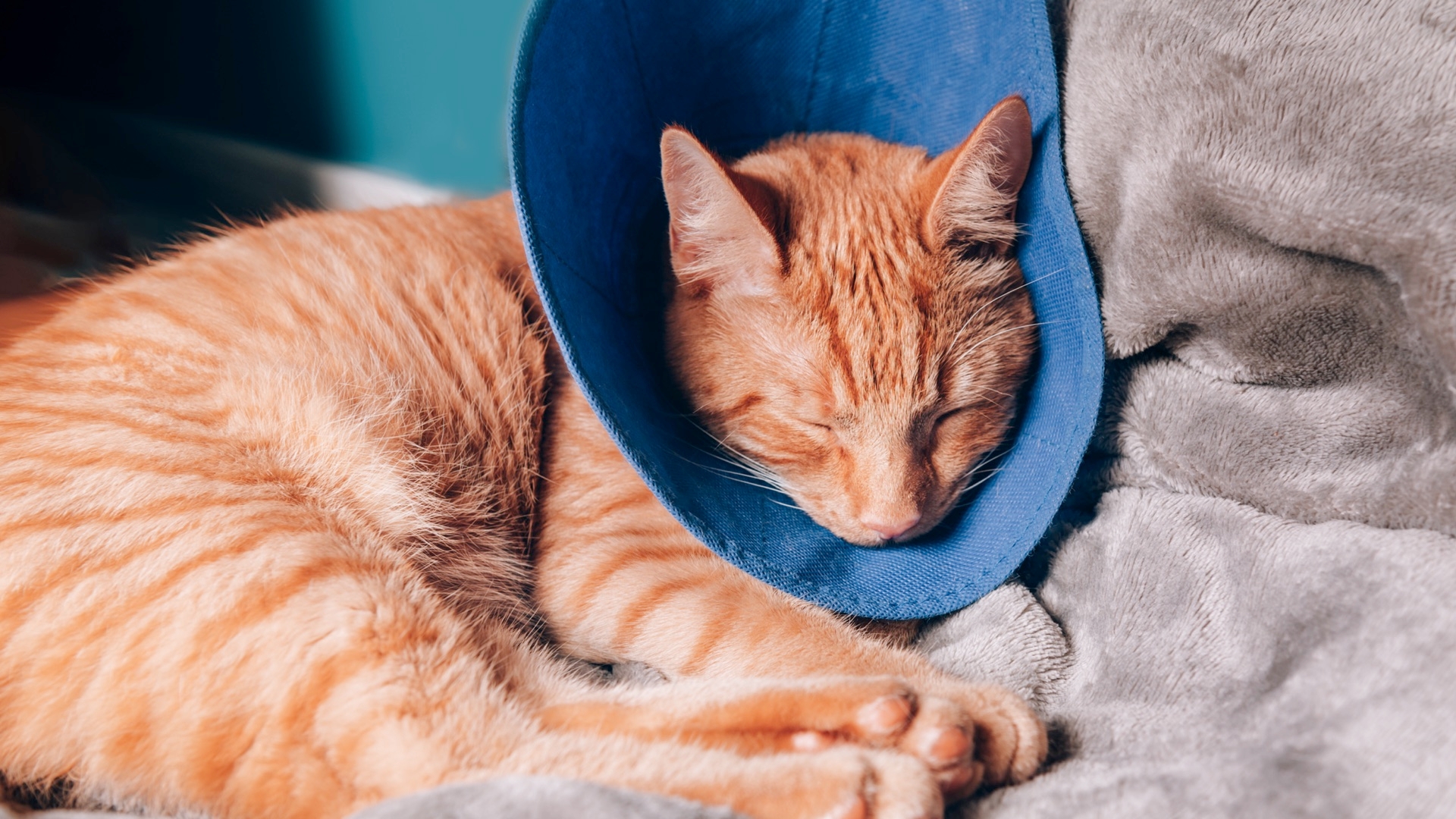Neutering Your Cat:
Summary:
Since neutering requires surgery, it is emotionally traumatic. Handled properly, your cat will recover quickly. Let us first dispel the myths surrounding the neutering of cats. Cats do not get fat and lazy after being neutered. They get that way because of overeating and lack of exercise. Cats do not become more satisfactory pets after they have had sexual intercourse, had their first heat, or given birth to a litter of kittens.
Since neutering requires surgery, it is emotionally traumatic. Handled properly, your cat will recover quickly.
Let us first dispel the myths surrounding the neutering of cats. Cats do not get fat and lazy after being neutered. They get that way because of overeating and lack of exercise. Cats do not become more satisfactory pets after they have had sexual intercourse, had their first heat, or given birth to a litter of kittens.
The cat population is exploding with an estimated ten to fifteen million put to death every year in animal control centers. Neutering is essential to curb this holocaust. There are no arguments against neutering and many in favor.
It is best to have your cat neutered before she has developed bad habits like spraying, fighting, and roaming. Neutering your cat will not change her personality. Personality is determined by genetics, early socialization, and the bond you create with your cat. Neutering will help your cat live a healthier, happier, less stressful life.
A cat will usually become less aggressive after neutering. She will smell better, be more sociable and calm, and will be less inclined to mark territory with urine. From a selfish, human standpoint, she will be a more pleasant and devoted pet with nothing else on her mind other than to be with and please you!
Research shows neutered cats have less incidence of disease including mammary gland tumors, uterine and testicular cancer, just to name a few. A neutered cat will be happier as an indoor cat and, therefore, subject to less exposure to outside hazards such as external parasites, cars, dogs, and diseases.
After having your cat neutered, give her a few weeks for the hormones to dissipate from her body. Keep her inside and quiet. Do not let her roughhouse until the incision is completely healed. Use shredded paper in the litter box to avoid the possibility of infection from fecal grains of cat-box filler.
Consult with your veterinarian to determine the proper age for this operation. Generally, it is about six to nine months although early neutering is becoming a more accepted practice. Older cats can be neutered with good behavioral results. If your cat has already developed a spraying habit and the neutering does not seem to help, see the chapter on urine spraying.


